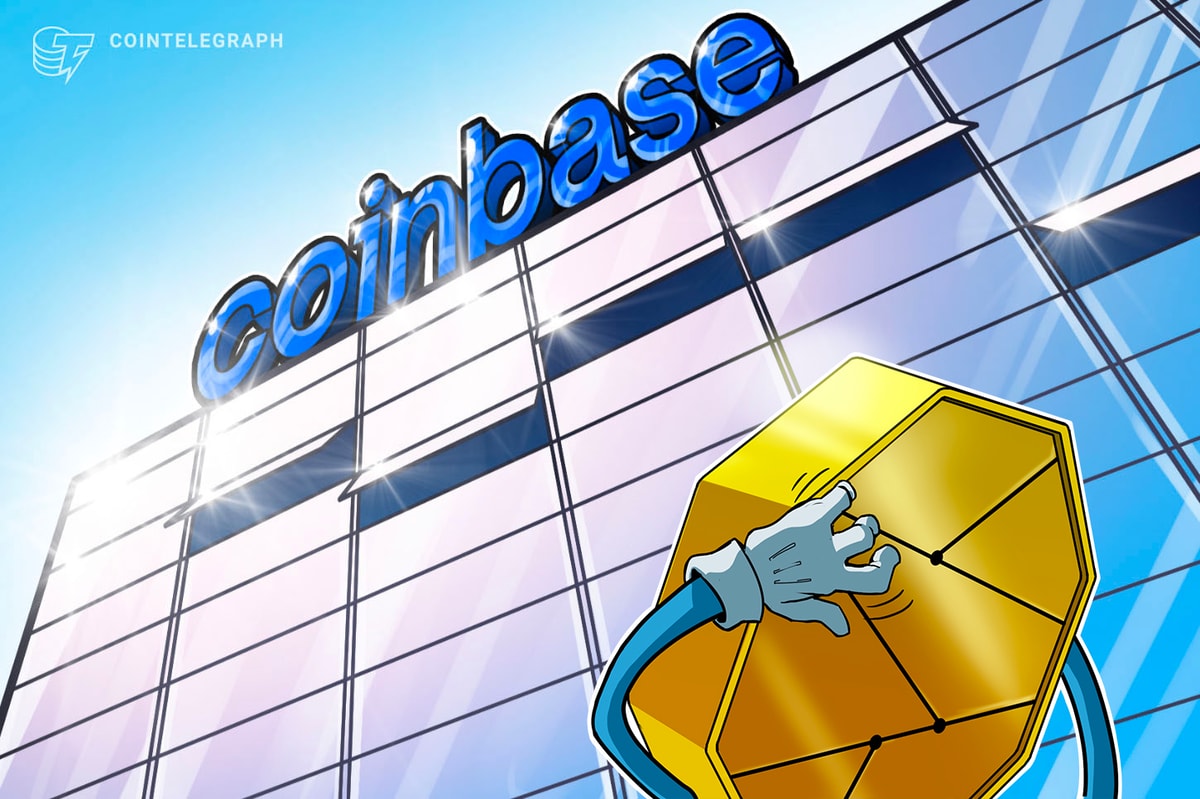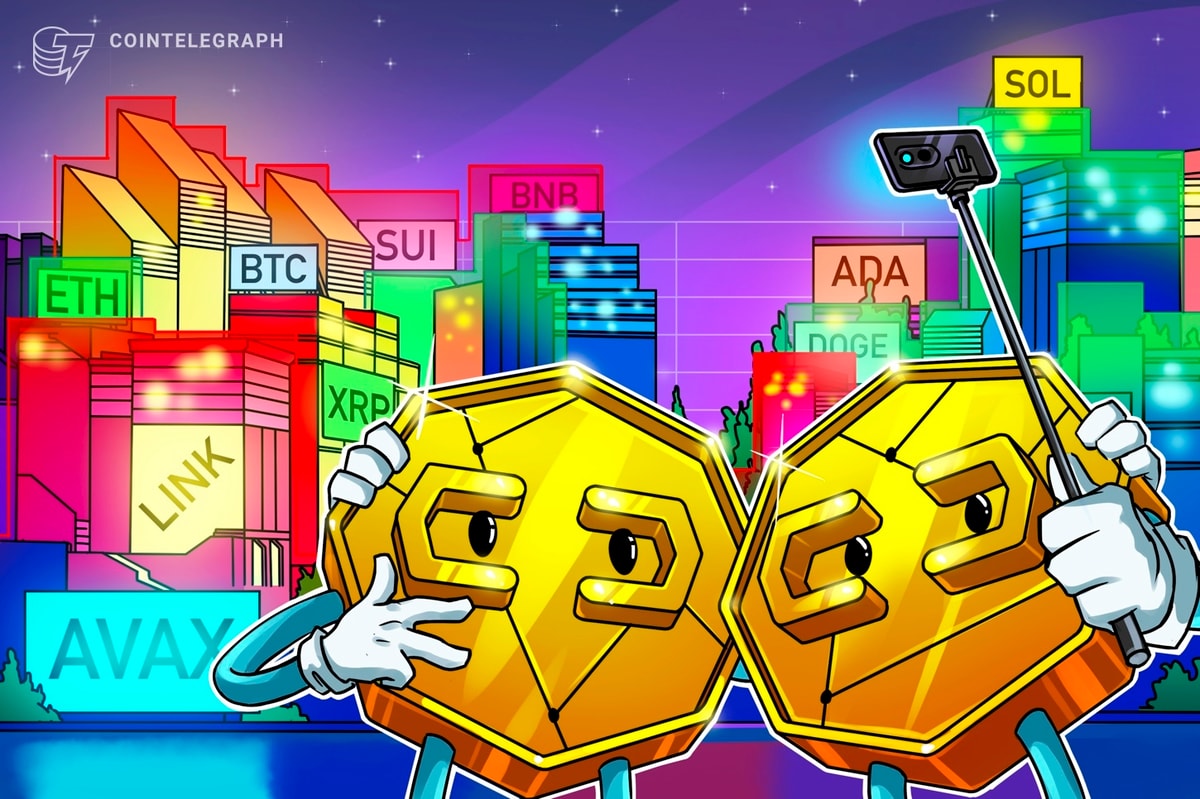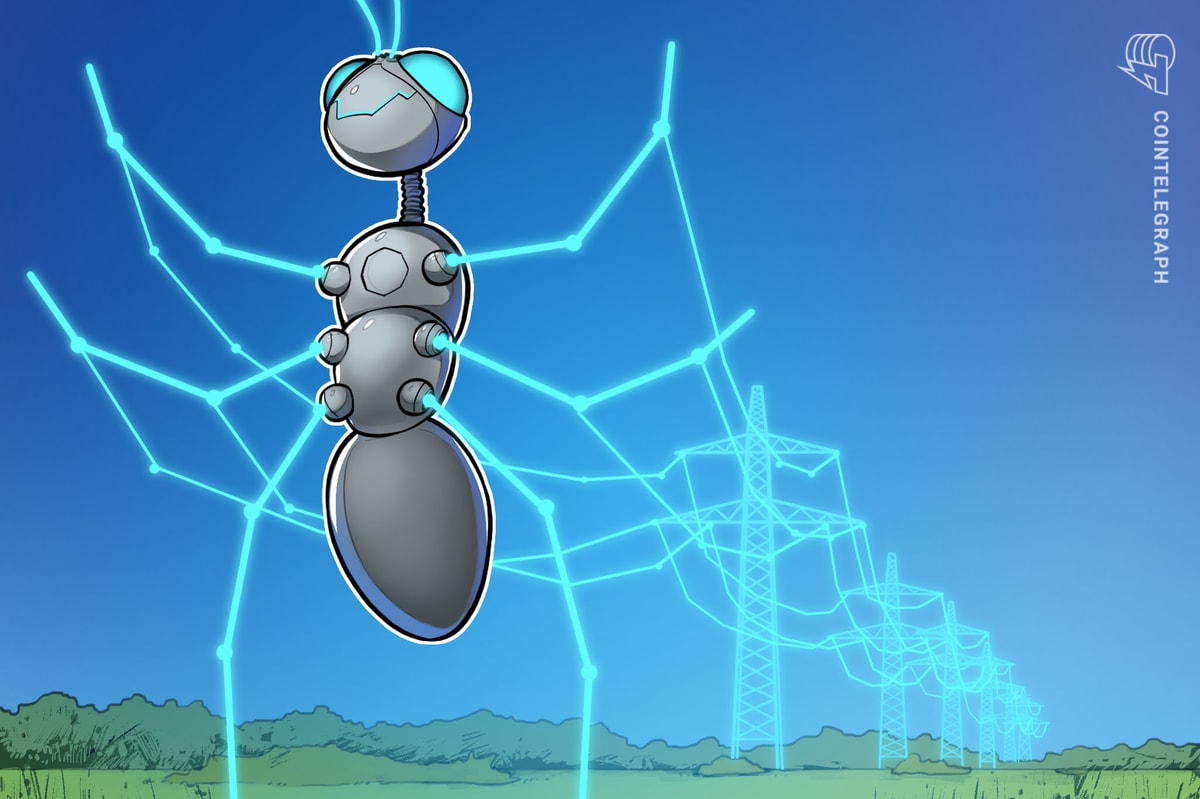The emergence of Web3 — the next generation of the internet — has led to tremendous growth and profits for creators. This has garnered the interest of several established Web2 companies to join the burgeoning ecosystem.
However, success in Web2 doesn’t guarantee success in Web3. Having been in the industry for a while, I have witnessed many projects skyrocket to success while others crumble, even during the bullish signals. This is because the Web3 world is significantly different from Web2, and navigating this new landscape requires a different approach.
The Porsche 911 7500-edition collection NFT project is a prime example of such a failure. Despite being launched by a luxury automaker, the Porsche 911 collection received disapproval from the Web3 community and failed to sell out in the primary market.
On the other hand, Reddit’s foray into Web3 has been a phenomenal success, surpassing OpenSea’s wallet count in the blink of an eye.
This begs the question, why did others fail terribly and some broke all the records in the same market? The difference in outcomes signifies the importance of doing thorough research before entering Web3.
Examining the unsuccessful foray of Web2 giants into Web3
The Porsche NFT 7500-edition collection was launched on January 23, 2023, with an initial mint price 0.911 ETH. However, the launch wasn’t very successful, and out of the 7,500 supply, 5137 NFTs (68.5% of the total collection) are still not minted out. Porsche took the losses and stopped the minting process.
Porsche’s attempt to impress the Web3 audience fell short due to the lack of transparency in the offered utilities. Their initial minting process was confusing with three separate “waves,” leaving buyers unsure of how to create a customized digital Porsche. Also, most automaker companies launched their collection on the Tezos blockchain and they all sold out, but Porsche opted for ETH. Despite ETH having the highest volume on DappRadar in the past 30 days, Porsche did not make an effort to appeal to ETH influencers and buyers.
Porsche was not the only brand that faced massive backlash. National Geographic also faced the consequences of NFT missteps. The brand’s debut NFT collection, ‘GM: Daybreak Around the World,’ was met with harsh criticism from the NFT community. The collection featured breathtaking sunrises captured by 16 world-renowned photographers, with each photo limited to 188 copies, totaling 1,888 NFTs.
However, the collection failed to generate the expected buzz, leading to lackluster sales. Adding fuel to the fire, Nat Geo’s NFT partner encountered technical difficulties during the minting process, causing buyers to experience frustrating delays.
Another example is Liverpool FC. The renowned English football club launched their own NFT collection dubbed “LFC Heroes Club.” But the collection met with a setback and over 90% of the NFTs failed to sell. The entire collection only managed to raise below $1.4 million, a far cry from the expected $8.5 million, primarily due to declining cryptocurrency prices.
A look at the successful foray of Web2 brands into Web3
Join the community where you can transform the future. Cointelegraph Innovation Circle brings blockchain technology leaders together to connect, collaborate and publish. Apply today
Not all Web2 brands failed to make their first foray into Web3. There are some champions who took the right approach to transition to the Web3 market. Let’s take the example of Reddit.
Reddit’s Web3 strategy was different and worth a closer look at. Just after three months after the initial release of Reddit Collectible Avatars, almost 3 million wallets were created with the vast majority of them belonging to unique users. Reddit combined its Web2 elements into the Web3 onboarding process and handled everything natively — wallet creation, digital collectible customization, payments, etc.
Rather than presenting NFT drops as a Web3-specific concept, they marketed NFTs as collectible avatars, wallets as vaults (Reddit’s native crypto wallet built on the Polygon blockchain) and tokens as coins — all familiar terms to Reddit’s Web2 audience.
The brand also offers a low barrier to entry with a mint price range of $10 to $100, making it more affordable for users. Also, Reddit went through lots of education for their community that others didn’t.
Apart from Reddit, numerous other renowned brands, including Nike and Gucci, have also garnered huge profits through Web3 initiatives.
Nike conducted a thorough study of the Web3 space before entering the market. In 2021, the company acquired RTFKT, a Web3 firm specializing in fashion collectibles to bring on board a team of Web3 native experts. Prior to launching its own marketplace SWOOSH in 2022, Nike gained significant knowledge and insights. As a result, Nike’s collection received widespread positive feedback from both the press and the community.
Gucci is another notable brand that made significant strides in the NFT space. The brand joined the SuperRare DAO by investing in RARE tokens and leveraged the Vault Art Space by hosting NFT exhibitions. The brand’s first exhibition, “The Next 100 Years of Gucci,” showcased a range of NFT artwork that reflects the brand’s rich heritage.
Gucci’s approach to creating unique digital assets sets them apart from their competitors, and I admire what they did to cater to their customer’s desires. They associated NFTs with physical benefits to incentivize consumers to purchase more tokens.
The next frontier: How Web2 companies can thrive in Web3
Web3 is now becoming the norm of this new era and, therefore, a flurry of Web2 companies and venture capital firms are investing heavily in Web3 to avoid falling behind.
However, some Web2 companies are still struggling to make their first foray into Web3. To fully embrace Web3, brands must stop viewing the landscape through the lens of Web2. Traditional Web2 marketing tactics are unlikely to yield success in this new landscape.
Established Web2 brands should set aside their egos and consult with Web3 native experts who truly understand the market. Without them, the transition to Web3 runs the risk of lacking validation and, importantly, being out of reach for a wider audience.
Arvin Khamesh is the founder of soldoutnfts.io. He has incubated 50+ NFT projects with a high success rate.
This article was published through Cointelegraph Innovation Circle, a vetted organization of senior executives and experts in the blockchain technology industry who are building the future through the power of connections, collaboration and thought leadership. Opinions expressed do not necessarily reflect those of Cointelegraph.
Learn more about Cointelegraph Innovation Circle and see if you qualify to join











